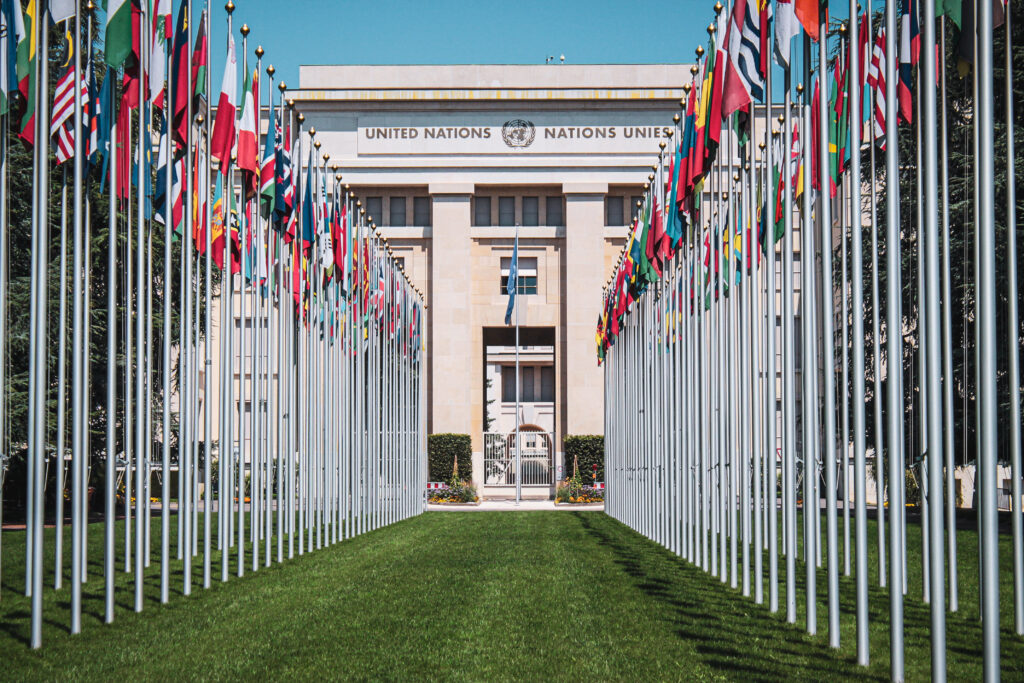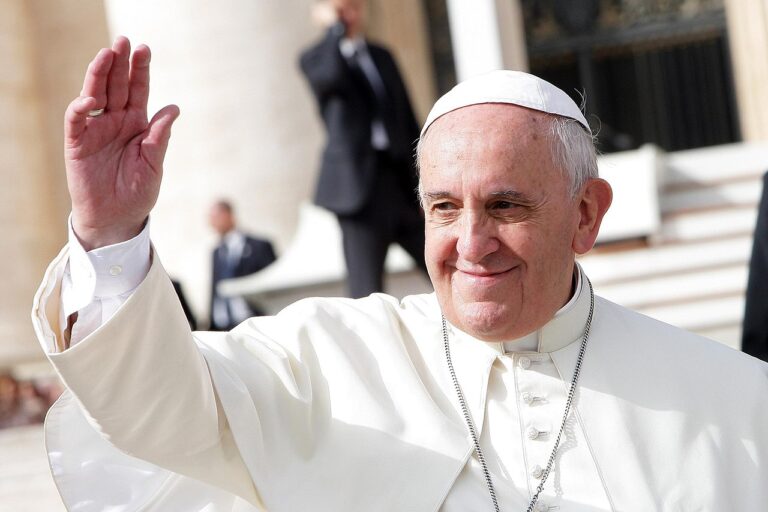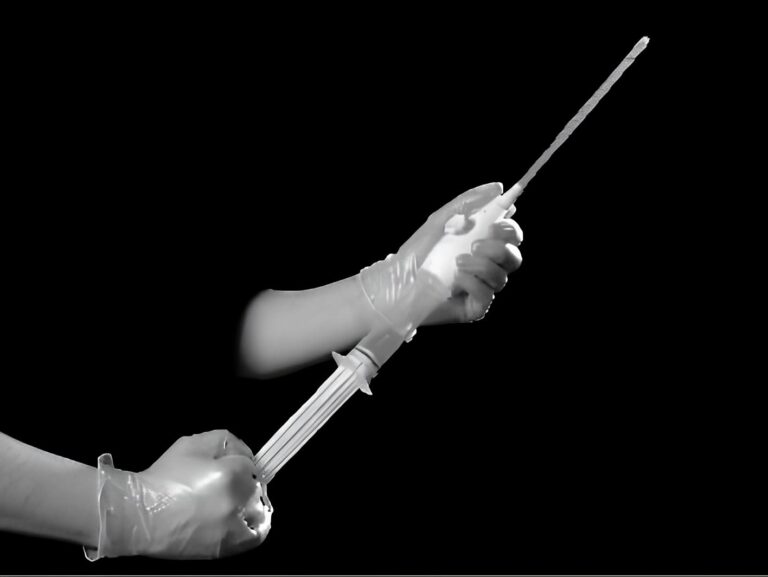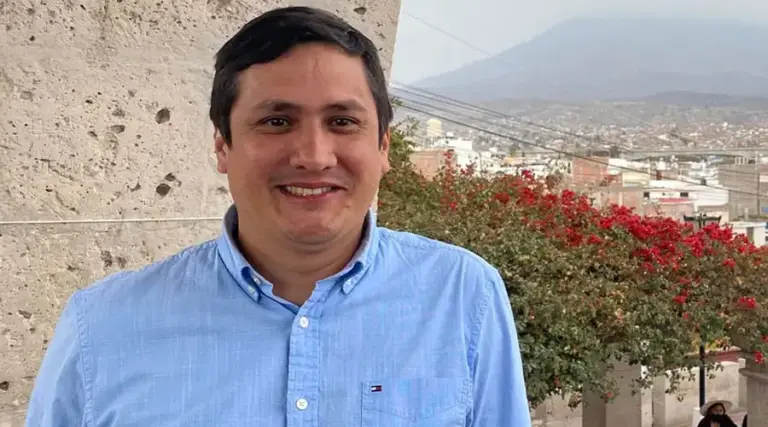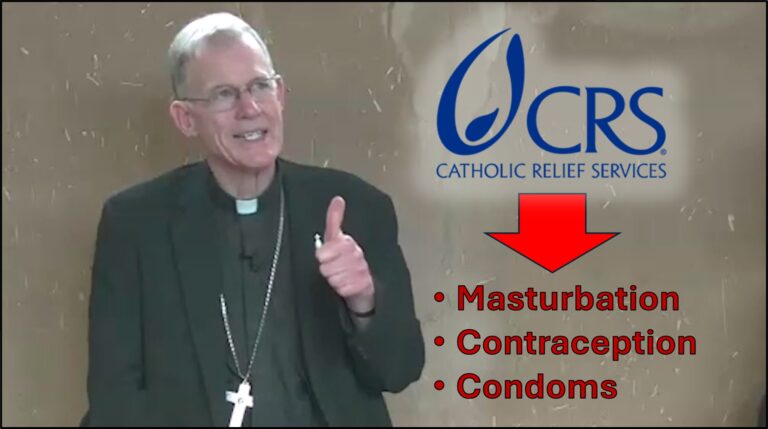The United Nations Human Rights Council (UNHRC) wants to rewrite hundreds of Peruvian laws and impose new ones. It has told the Latin American country that it has two hundred and two (202!) “recommendations.” The UNHRC wants Peru to:
- Overturn all legal restrictions on abortion and legalize abortion under all circumstances (7 recommendations)
- Ensure comprehensive sexual and reproductive health services, including abortion, are available (6 recommendations)
- Enact dozens of new policies and laws concerning gender and LGBT whatever (29 recommendations).
- Repeal Law No. 31498, which guarantees the quality of educational materials and gives parents the right to know and give their opinion on the educational materials their children receive at school.
- Ratify international treaties, some of which the Peruvian Congress has already rejected.
- The head of the national election commission, Jorge Luis Salas Arenas who has been widely criticized, must not be removed.
The UNHCR has become so radical that it not only gives short shrift to traditional human rights concerns—freedom of speech, association, and assembly—it also scarcely mentions the one-time socialist agenda. Poverty eradication, housing, and food security get only one mention each, while water and sanitation receive only four.
These recommendations from the UNHRC come from its so-called “Universal Periodic Review” (UPR), a review of the human rights records of all U.N. Member States conducted every four years.
The UNHRC was created in 2006 to monitor compliance by member countries to the Covenant on Civil and Political Rights, which went into force in 1976. In recent years, however, the Council has morphed into a kangaroo court that undermines national sovereignty and subverts the laws and constitutional principles of member nations.
That arrogance is reflected in the Council’s current review of Peru. The first step of that process, a draft report written by the UNHRC staff, includes 202 “recommendations” designed to correct alleged “deficiencies” in the country’s protection of human rights.
Most of these “recommendations” violate Peru’s sovereignty in that they advocate the repeal of legislation already in force or, even worse, demand that proposals already rejected by Congress be imposed by diktat.
The draft report on Peru is front-loaded with a swarm[ ] of changes featuring “Gender Ideology” while giving short shrift to serious issues including the eradication of poverty, water and sanitation, food security, and housing.
Like other [wings] of the United Nations out-of-control bureaucracy, the UNHRC has employed the Universal Periodic Review (UPR) as a weapon for Ideologues to install its ideological agenda, focusing on poor member states with its demands for compliance. Using its review of human rights records, Council staff then offers the opportunity for each State to declare what measures it has adopted to improve human rights. Once that response has been reviewed, Council staff then offers “recommendations” for the country to take to meet its “human rights obligations.”
What is the UPR process?
In the case of Peru, the process began on January 25, 2023, when Peru’s Minister of Justice, José Tello Alfaro, presented the report of the Peruvian government to the Council’s “Working Group on the Universal Periodic Review of Peru.” The Working Group also received the report of the United Nations High Commissioner for Human Rights, as well as a summary submitted by Non-Govermental Organizations (NGOs), a group dominated by the radical Left that has targeted Third-World countries for years with its Population Control programs disguised as “health” and “family planning” projects.
After taking these submissions into account, the UNHRC will submit its UPR to a representative of the Government of Peru at the Council’s 53rd session between June 19 and July 14, 2023.
In response to this information, the Working Group on the Universal Periodic Review of Peru organized an interactive dialogue with responses from the Peruvian delegate and drafted a preparatory document (4) that includes both “progress” in the area of human rights and “recommendations” from other states.
A total of 202 recommendations have been collected for the Peruvian State, including:
- Modify or repeal laws passed in Congress, for example, Law No. 31498, which guarantees the quality of educational materials and gives parents the right to know and give their opinion on the educational materials their children receive at school. This is requested by Norway. The United Kingdom of the Netherlands is asking for the same, but as “repeal of Law No. 904-2021” which was the number of the bill with which Law No. 31498 was approved.
- Ratify international treaties, some of which Peru has already rejected with the respective constitutional mechanisms in Congress, as is the case of the Escazu Agreement.
- Guarantee the permanence of Jorge Luis Salas Arenas at the helm of the national electoral authority, providing him with protection and guarantees. The referred public official has been questioned for his performance in the last presidential elections in which Pedro Castillo was elected.
- 7 recommendations to decriminalize or legalize abortion under any circumstances (presented by 8 countries: Finland, Estonia, Norway, United Kingdom, Ireland, Greece, Iceland, and Germany).
- 6 recommendations to ensure sexual and reproductive health services, including abortion. Thus, added to those of the previous point, there are 13 recommendations in favor of abortion.
- 29 recommendations referring to the gender approach: 21 on public policies and 8 on enacting new legislation.
- To get an idea of the ideological bias, the recommendations on poverty eradication are only 1, water and sanitation are 4, housing 1, and food security 1.
As can be seen, a UPR is a staging of an apparent social and political consensus around supposedly relevant human rights issues. But in reality, they are systematic and orchestrated actions by the UN to indoctrinate, since only those unconditional to the ideological agenda of the UN within and outside the state apparatus would have been invited to participate.
It is not surprising, therefore, that the version of the situation of human rights in Peru, which a few Peruvian officials offer at the UN, ends up being far from the feelings of the population and its real needs.


